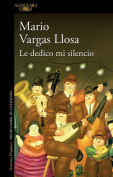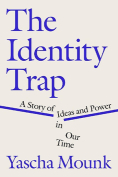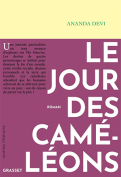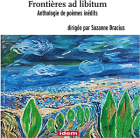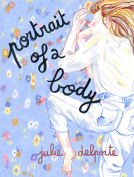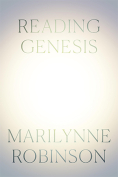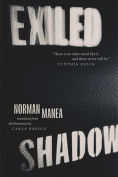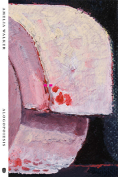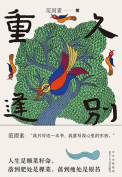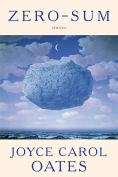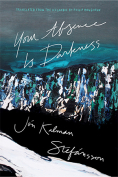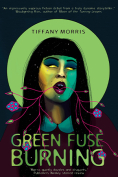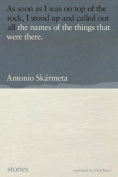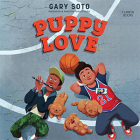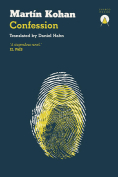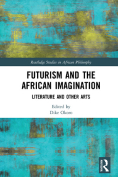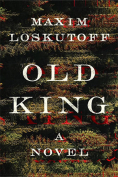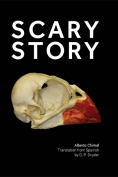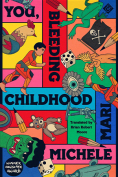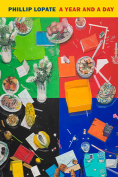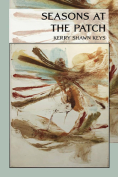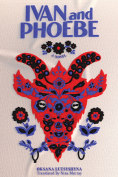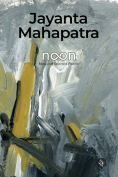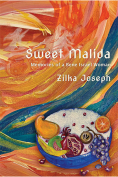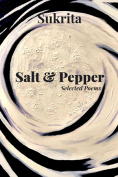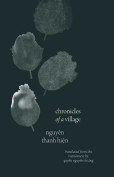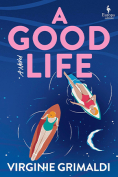Alogopoiesis by Amelia Walker
 Sydney. Life Before Man Press. 2023. 340 pages.
Sydney. Life Before Man Press. 2023. 340 pages.
In a long book that altogether forgoes page numbers, early on readers encounter a set of lines conjuring a mouth (possibly male) telling an unintroduced presence (very possibly female) that they must “make more sense.” Written from inside the antipodean sensorium, Australian poet Amelia Walker’s new book attempts to shift from enculturated paranoias and through embodied experiences in which females in these poems (that is, in that country) are reflexively and by design domesticated, objectified, abused, and much worse.
In “Mistaking Judith Butler for a Self-Help Guru,” Walker asks: “what can I be— / come?” before then asserting: “There are so many of us. / Not gender’s undoings, rather proof // gender was and is / from the start, always undoing and undone.” Traversing a suite of forms, from the neatly invented “auto-cento,” to free verse texts, to prose poems growing in narrative force (and length) as the book continues, the twelve sections that comprise Alogopoiesis sketch a presence whose performance, possibly autoethnographic, traverses the weirdness of others either known (and often volatile) or untrusted and gazing invasively. Quite simply, this dissenting and experimental book offers readers a genderqueer view of the antisublime. Asking what is “the carbon content of a scream,” Walker’s vision is decidedly pastoral, the purview of their écriture féminine wondering what to make of “the fever stink / of testosterone, the grunting Darwinism of it all.”
As stated on the publisher’s website, “Alogia is a condition of reduced or absent speech. Poiesis is making. Alogopoiesis therefore forges a poetics of the unstated, a making of meanings from what’s not there.” Therein, Walker’s book picks at the structures, patterns, rhythms, and epistemic repetitions of Australian identity in which, amid sometimes bucolic scenes, the poet sees:
Blood stains.
Ambulance.
Big bag and plastic zipper.
Barely creased sheets, stripped away.
The smell of detergent.
The smell of white.
Tracking in each section the travails of a “Woman with the Disobedient Head,” or a spectral tortoise that terrifies an unsleeping girl, or the gendered status of an island upon which men seek to wreck themselves, or a starving narrator endlessly enduring a Beckettesque conversation with an unhelpful Official, these are poems that seek to act as if a “map, a graph, a chart,” as if “putting things on paper” (Walker’s italics) enables an ordering of the as-if compulsive churn of gendered violence, which, in this fine book, enters into mythographic spheres.
Dan Disney
Sogang University (Seoul)

